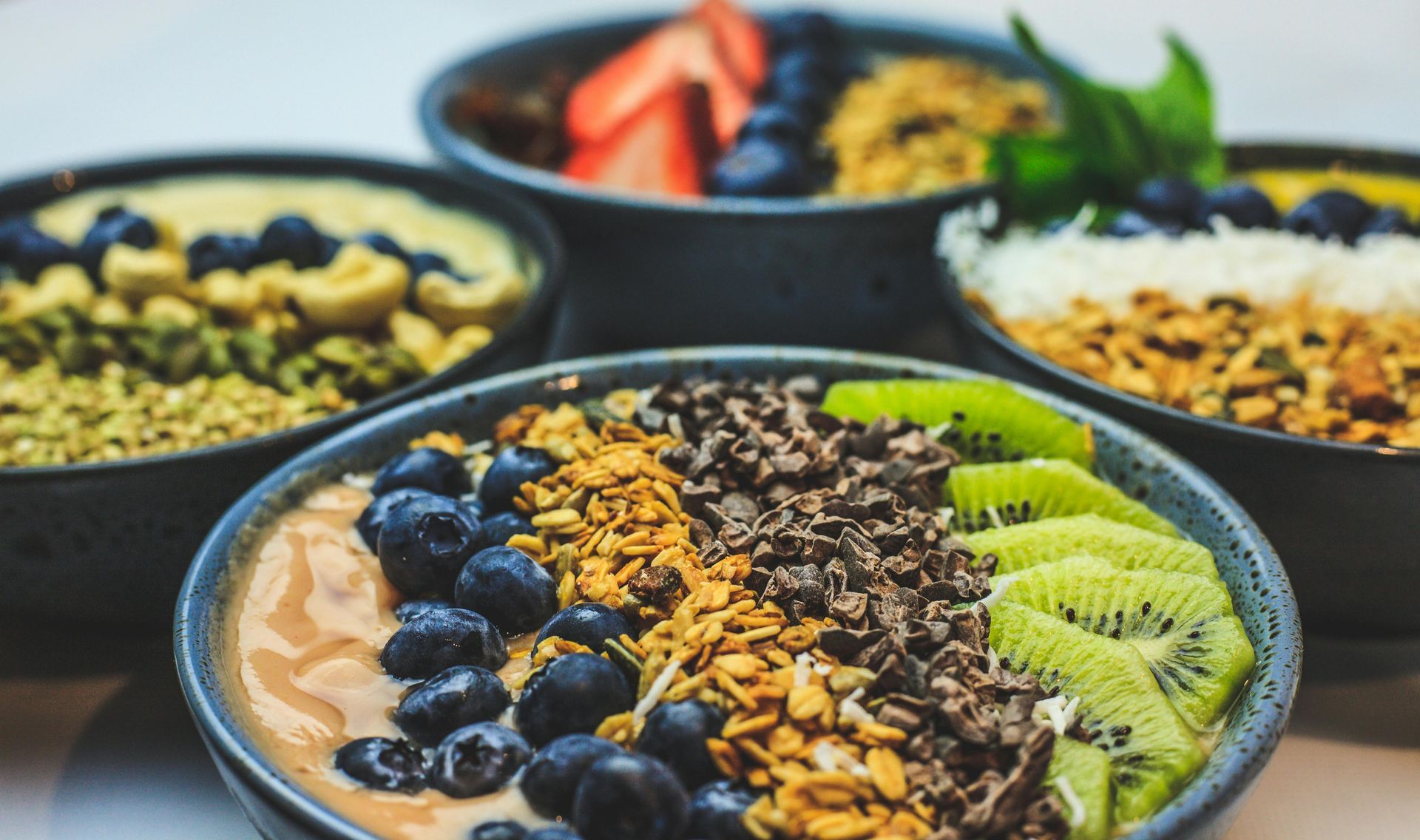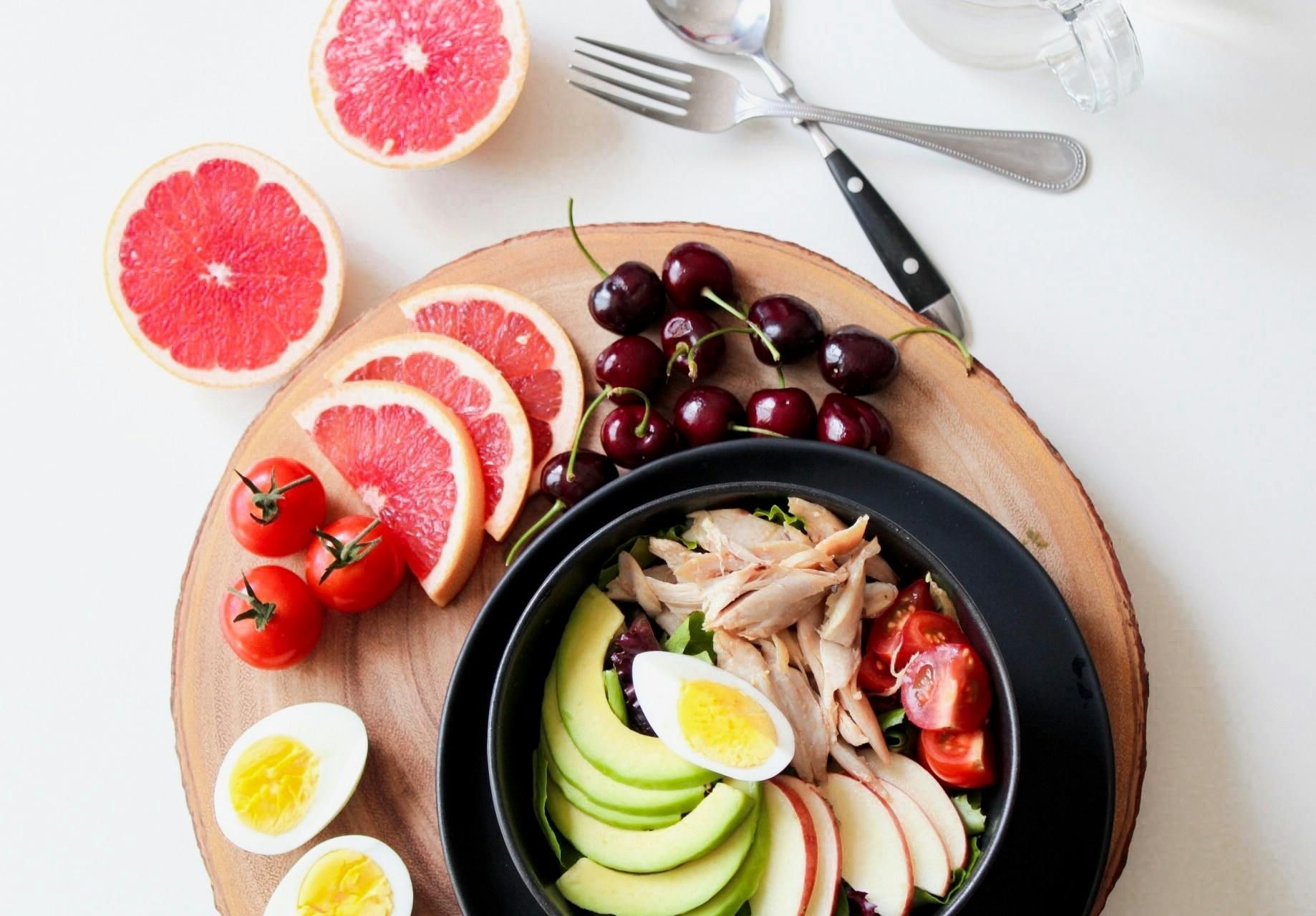How to Strengthen Your Immune System Naturally
A strong immune system is your body’s best defense against infections and illnesses. By adopting healthy habits and incorporating immune-boosting foods, you can naturally strengthen your immunity. Your immune system relies on a complex network of cells, tissues, and organs working together to protect your body. Lifestyle choices such as diet, exercise, sleep, and stress management play a significant role in keeping your immune system strong. This guide provides practical tips to improve immune function and maintain long-term health.
Key Factors That Influence Immune Health
How Lifestyle, Diet, and Sleep Impact the Immune System
Your immune system thrives when you maintain a balanced diet, engage in regular physical activity, and prioritize rest. Poor nutrition, a sedentary lifestyle, and inadequate sleep can compromise immune function, making your body more susceptible to infections. A well-balanced lifestyle ensures that your immune system has the necessary nutrients, energy, and recovery time to function optimally.
The Role of Stress in Weakening Immunity
Chronic stress releases cortisol, a hormone that suppresses immune responses, making you more vulnerable to illnesses. Prolonged stress can also lead to inflammation and reduced white blood cell production, impairing the body’s ability to fight infections. Managing stress through mindfulness, meditation, and relaxation techniques is essential for maintaining a strong immune system. Practices such as deep breathing exercises, spending time in nature, and engaging in hobbies can significantly reduce stress levels.
Common Myths About Boosting Immunity
Many misconceptions surround immune health, such as the belief that taking high doses of vitamin C alone can prevent illness. While vitamin C supports immunity, it must be combined with other nutrients and healthy lifestyle choices. Another myth is that extreme cleanliness strengthens immunity, but over-sanitization can reduce exposure to beneficial microbes that help train the immune system. Additionally, some people believe that supplements can replace a healthy diet, but whole foods provide a wider range of essential nutrients necessary for optimal immune function.
The Science Behind Gratitude and Happiness
Nutrition for Immune Health
Vitamin C-Rich Foods Like Citrus Fruits and Bell Peppers
Vitamin C is a powerful antioxidant that enhances immune function by supporting white blood cell production. Foods high in vitamin C include:
- Oranges, lemons, and grapefruits
- Bell peppers
- Strawberries
- Kiwi
- Tomatoes
Vitamin C also helps with collagen production, wound healing, and maintaining healthy skin, which acts as a protective barrier against pathogens.
The Importance of Zinc and Probiotics
Zinc plays a crucial role in immune cell development and inflammatory response regulation. Good sources of zinc include:
- Pumpkin seeds
- Chickpeas
- Lean meats
- Nuts
- Shellfish
Probiotics, found in fermented foods, support gut health, which is closely linked to immune function. Around 70% of the immune system resides in the gut, making probiotics essential for maintaining a strong defense system. Probiotic-rich foods include:
- Yogurt with live cultures
- Sauerkraut
- Kimchi
- Kefir
- Miso
Prebiotic foods, such as garlic, onions, and bananas, also help nourish beneficial gut bacteria, further enhancing immunity.
The Role of Physical Activity
How Regular Exercise Supports Immune Function
Moderate exercise increases circulation, reduces inflammation, and enhances the activity of immune cells. However, excessive high-intensity workouts can temporarily suppress immunity, so balance is key.
Regular exercise helps flush bacteria out of the lungs, increases antibody production, and reduces the release of stress hormones. Exercise also helps regulate blood sugar levels, which is important for maintaining immune function.
Best Workouts for Boosting Immunity
- Brisk walking or jogging for 30 minutes a day
- Yoga and stretching for stress reduction
- Strength training to support overall health
- Low-impact exercises like swimming and cycling
- High-intensity interval training (HIIT) in moderation
Engaging in outdoor activities, such as hiking or cycling, can also provide additional benefits from exposure to fresh air and sunlight, which supports vitamin D production.
Prioritizing Rest and Stress Management
The Impact of Sleep on Immune Resilience
Sleep is essential for immune function, as it allows the body to repair and regenerate. Aim for 7-9 hours of quality sleep per night. Lack of sleep can weaken the immune response, making you more susceptible to infections.
During deep sleep, the body produces cytokines, proteins that help regulate immune responses. Poor sleep quality or chronic sleep deprivation can lead to increased inflammation and reduced antibody production.
Meditation and Mindfulness Techniques for Stress Reduction
Practicing relaxation techniques helps regulate cortisol levels and reduce inflammation. Try these methods to lower stress:
- Deep breathing exercises
- Guided meditation
- Progressive muscle relaxation
- Spending time in nature
- Practicing gratitude and positive affirmations
Taking breaks from screens, limiting news consumption, and maintaining social connections can also improve mental well-being and reduce stress.
Staying Hydrated for Immune Function
How Water Flushes Toxins and Keeps Cells Functioning Properly
Hydration plays a vital role in detoxification and the transportation of nutrients essential for immune cell function. Drinking enough water helps flush toxins from the body and keeps mucous membranes moist, which aids in defending against infections.
Dehydration can impair immune responses and slow the movement of lymph, a fluid that transports immune cells throughout the body. Drinking adequate water each day ensures that immune cells can travel efficiently and perform their functions.
Best Herbal Teas for Immune Support
Herbal teas provide hydration while also delivering immune-boosting antioxidants. Some of the best choices include:
- Ginger tea: Reduces inflammation and fights infections
- Echinacea tea: Supports immune cell activity
- Green tea: Contains powerful antioxidants to combat oxidative stress
- Turmeric tea: Provides anti-inflammatory benefits
- Chamomile tea: Promotes relaxation and better sleep
Adding honey and lemon to herbal teas can provide additional soothing and immune-supporting properties.
Conclusion
Strengthening your immune system naturally is a long-term commitment to a healthy lifestyle. By making small, consistent changes such as eating nutrient-rich foods, staying active, getting enough rest, managing stress, and staying hydrated, you can enhance your body’s natural defense mechanisms and improve overall well-being.
A well-balanced lifestyle ensures that your immune system functions at its best, protecting you from infections and chronic diseases. These simple habits contribute to a stronger immune response, reduced inflammation, and better overall health.
Start adopting these immune-boosting habits today for a healthier future!


